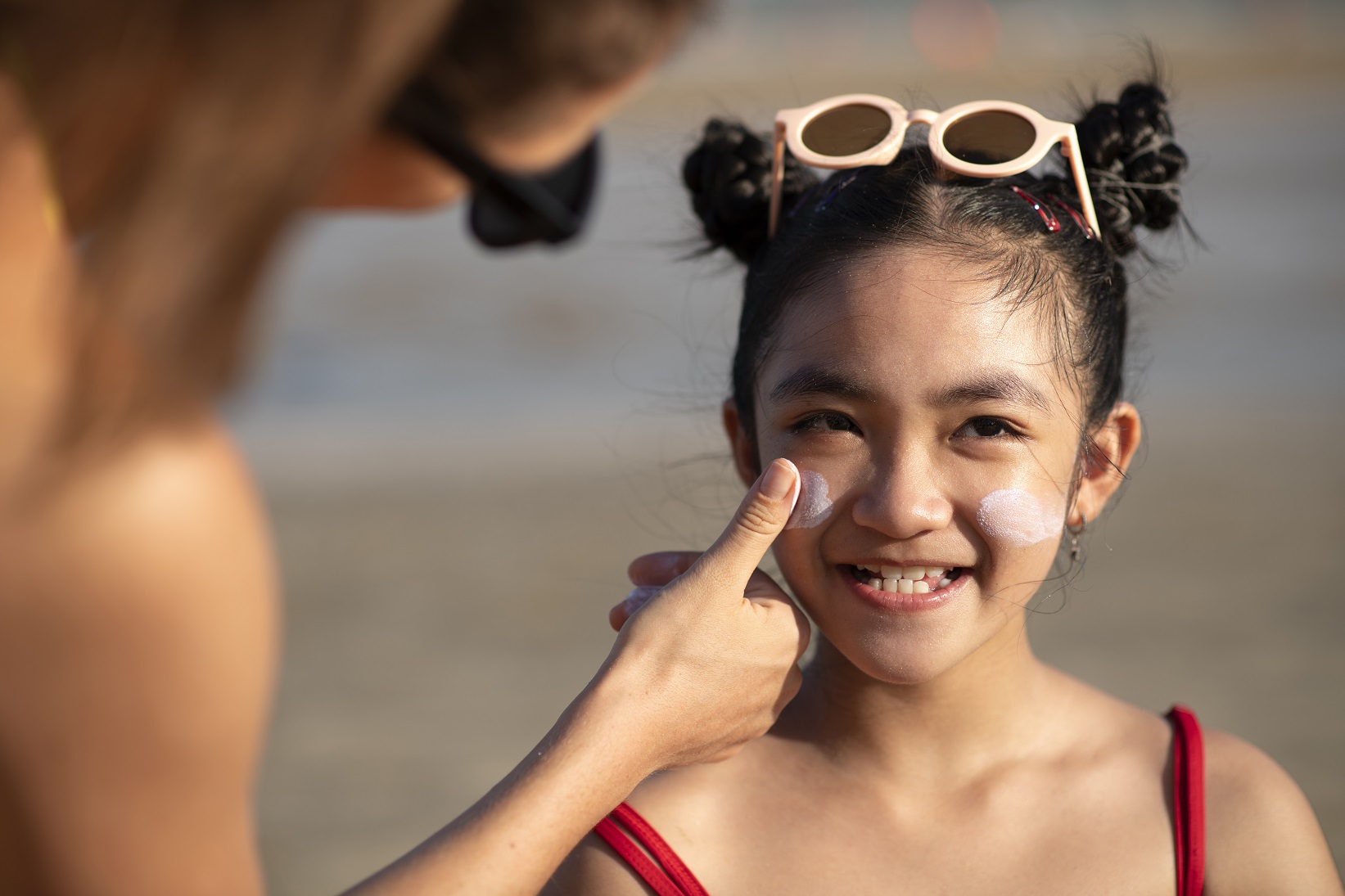SPF Sense: Know Your Numbers

The Importance of Sunscreen
When choosing a sunscreen, look for a product that has broad-spectrum protection (protecting against both UVA and UVB rays); select a sunscreen that is SPF 30 or higher; and make sure the product is water resistant. These characteristics will help protect your skin from not only sunburn but early aging and skin cancer.
So, is a higher SPF better than a lower number SPF? A sunscreen with an SPF of at least 30, blocks 97% of the sun’s UVB rays. While a higher number SPF may block slightly more of the sun’s UVB rays, no sunscreen blocks 100%. It’s also important to note that just because sunscreen may have a higher SPF does not mean that you can spend more time in the sun without reapplying the product.
Tips For Reducing Risks
The Food and Drug Administration cites that people of all skin color are at risk for skin cancer and sun damage. Tips for reducing risks include:
- Limit your time in the sun, especially between 10:00 a.m. and 2:00 p.m. when the sun is most intense
- Use hats, swim shirts, sun shirts, etc. that have sun-protective features
- Apply sunscreen to all uncovered skin – especially nose, ears, neck, hands, feet and lips
- Reapply sunscreen every two hours and more frequently if you’re swimming
- Look for sunscreen that has both UVA and UVB protection
Have you Scheduled Your Annual Physical?
DeKeitra is a valued PRIME patient from Gulf Coast Regional Blood Center in Houston, Texas. Listen as she shares the impact a PRIME annual physical had on her overall lifestyle!
Watch the VideoCloudy Days Can Be Harmful!
According to the World Health Organization Global Solar Index, even on cloudy days, up to 80% of the sun’s harmful UV rays can penetrate clouds. Whether it’s a day at the beach or an overcast day, wearing sunscreen will protect your skin from harmful UV rays!


